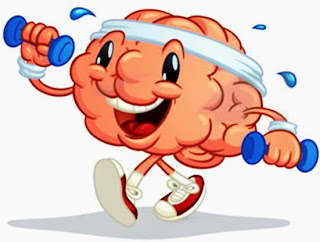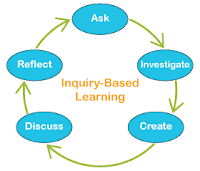Teachers are often accused of delivering curriculum that is
not relevant to today’s students; however, if we teach (or have discussions at
home) using universal themes, the material is relevant. Umbrellas are
provided under which details become easier to remember. Students are given frameworks
of understanding that they can carry with them the rest of their lives.
A universal theme is a timeless, broad, abstract idea that
can be used to tie together literary works or to understand broad concepts in
history. It is an approach to which all people can relate. It transcends race,
gender, and creed.
We learn best when we are able to relate new information to
previous experiences and to ideas that are familiar. By teaching universal
themes/concepts, we help students better understand their past experiences and
form “big ideas” that are transferred to future experiences. Themes give a
common reason for students to read many different books, including books on
different ability levels, which is excellent for differentiation. Universal
themes can be used with any subject, but they are especially suited for
literature and social studies.
When working with universal themes, it is important to ask
essential questions. Essential questions are open ended (i.e. they do not have
a single answer). Instead, the question requires a longer, more involved
response and causes the respondent to think and reflect. This approach causes
students to think critically instead of simply looking up answers. Essential
questions
- provoke deep thought
- may not have an answer
- encourage critical thinking, not just memorization of facts
- require students to draw upon content knowledge and personal experience
Example
Universal Theme: Identity--This theme might be used with a literature unit or while studying ethnic differences in social studies.
Universal Theme: Identity--This theme might be used with a literature unit or while studying ethnic differences in social studies.
Identity might be defined as uniqueness, distinctiveness,
individuality, or personality. The identity of a person or group is rarely
static, but instead is constantly being changed by internal and external
forces.
Essential Questions
Essential Questions
- How do we form our identities?
- How is your self-concept affected by the impressions of those around you?
- How is identity shaped by relationships and experiences?
- What can you learn about yourself by studying the lives of others?
- When should one take a stand in opposition to another individual or larger group?
Universal Themes and Generalizations, from DukeTip, is a PDF file that lists ten different themes along with sample
sub-categories for each of those themes.


